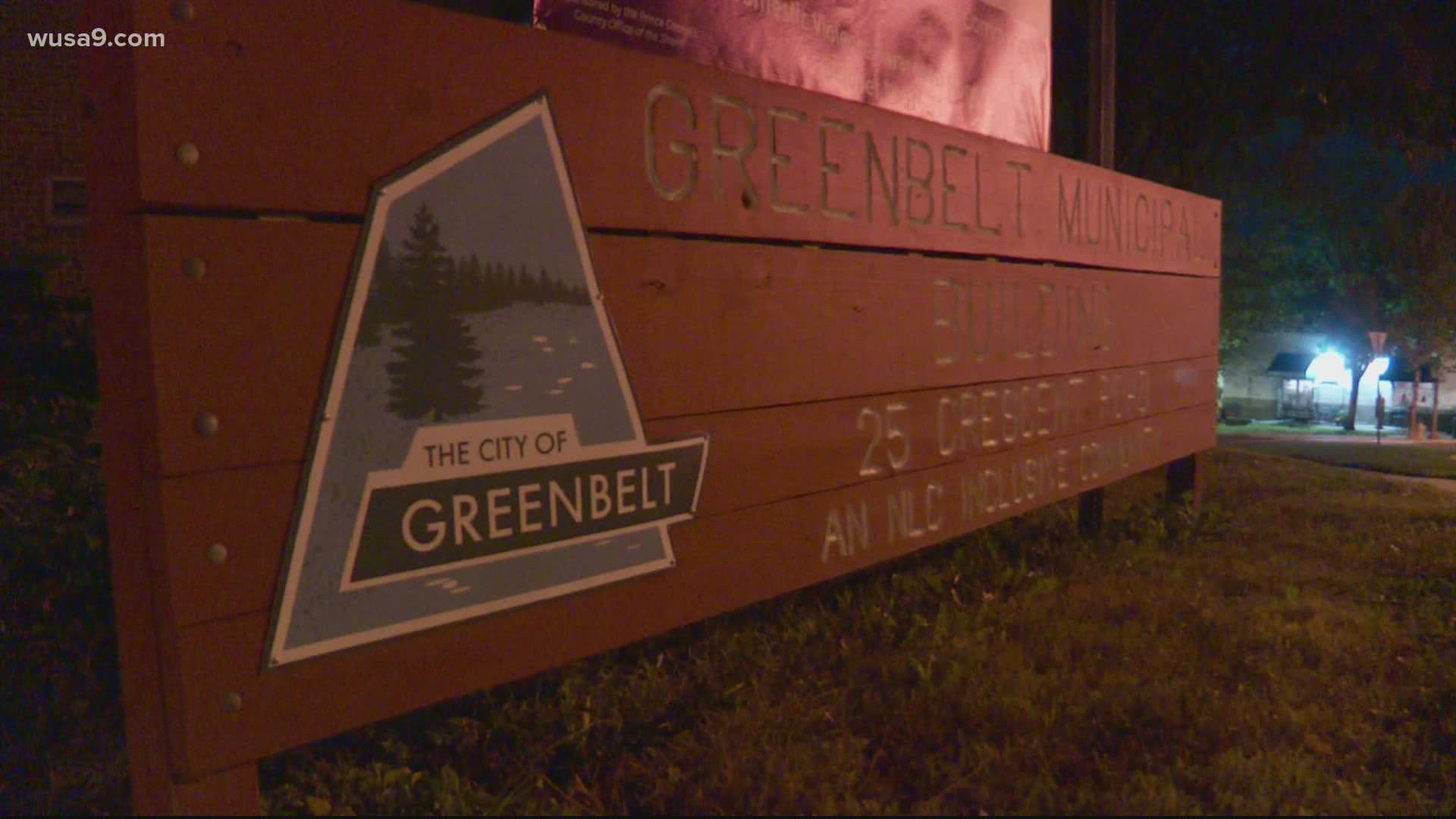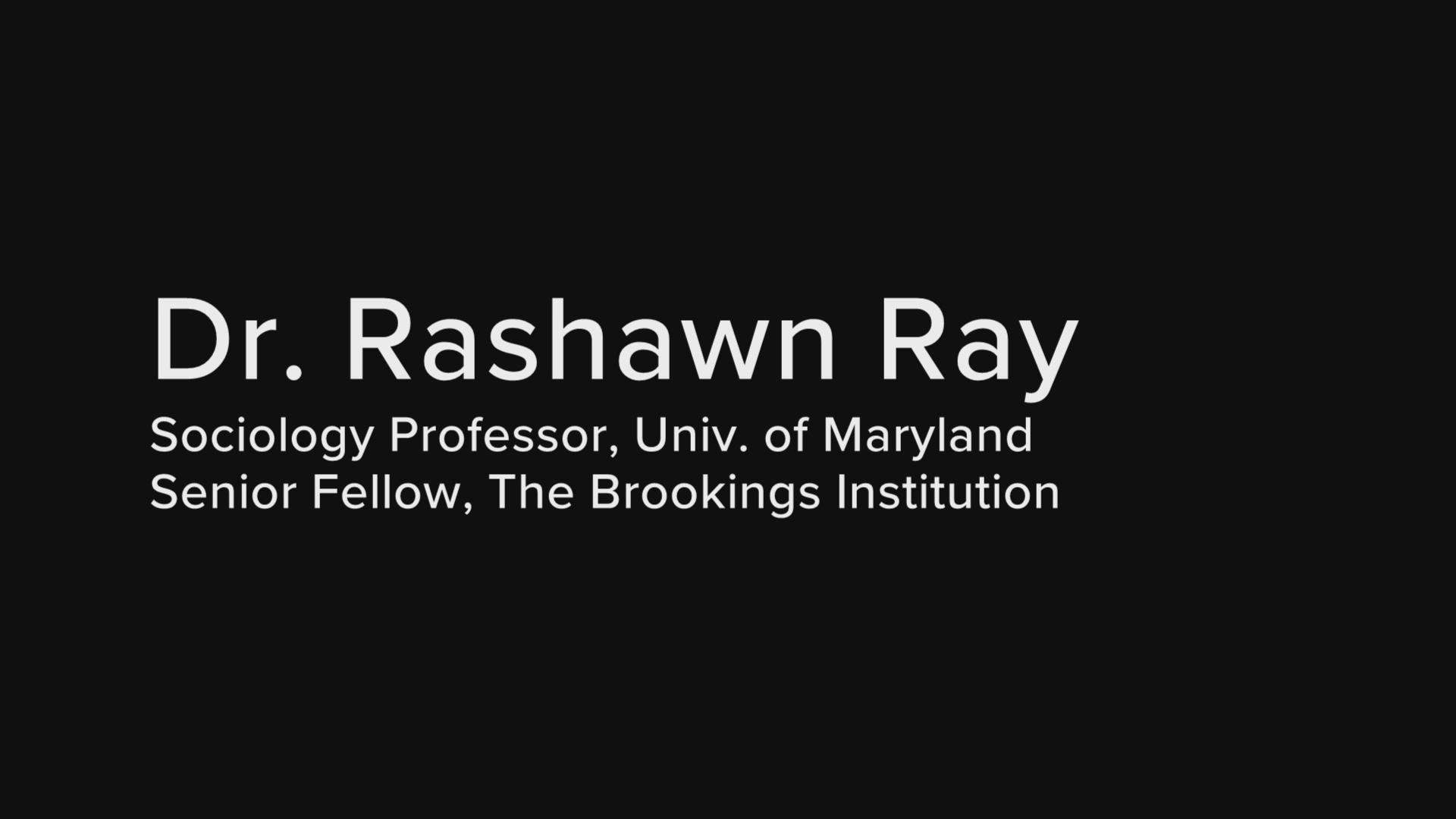GREENBELT, Md. — A Prince George’s County community might move one step closer to providing some of its residents reparations.
Greenbelt voters will decide in an election Tuesday whether to establish a 21-member commission to review, discuss, and make recommendations related to providing reparations for the city’s African American and Native American residents.
Greenbelt Mayor Colin Byrd proposed the idea. The Greenbelt City Council later voted in August to make it a referendum in its upcoming municipal election.
At August’s meeting, Byrd said reparations could actively reverse the intentional harm some governments caused families of color. He added such programs could also reduce the racial wealth gap that exists in America between Black and White families.
“Generational wealth is the strongest indicator of an individual’s success,” Byrd said. “Happiness, earnings, and lifetime achievement are all higher for those born into families with generational wealth.”
Byrd has previously said Greenbelt could become the first city in American to put the issue of reparations on a ballot for voters to decide. However, other cities like Evanston, Illinois, and Asheville, North Carolina have already established reparations programs through other means.
University of Maryland sociology professor and Brookings Institution Senior Fellow Dr. Rashawn Ray has previously testified for the establishment of reparations on a state level in front of the Maryland General Assembly.
“I think that one of the only ways to move forward, and based on all the research that I have conducted looking at various ways to address racism in America, is to actually atone for it,” Dr. Ray said. “There was a wrong that was committed in the state of Maryland, in particular, that played a strong role specifically in terms of selling a large number of Black people who were enslaved, farther down south, splitting up families.
Dr. Rashawn Ray discusses why he supports the establishment of reparations in America:
He said some communities have probably watched Greenbelt closely.
“I think it will be a barometer for a lot of other cities, not just in the state of Maryland, but throughout the country to have people vote on reparations,” he said.
The question as to whether Greenbelt voters should get to vote on establishing a reparations commission did not get the approval of all Greenbelt City Councilmembers in August.
At that meeting, Greenbelt Councilmember Silke Pope said she believed the matter should be decided on a federal level and not on a city one.
“We’re making this a city issue, but for our 23,000 people here in the City of Greenbelt, I think that it’s too much to take on to do all the necessary research that needs to be done,” Pope said.
The polls will be open in Greenbelt from 7 a.m. to 8 p.m.


